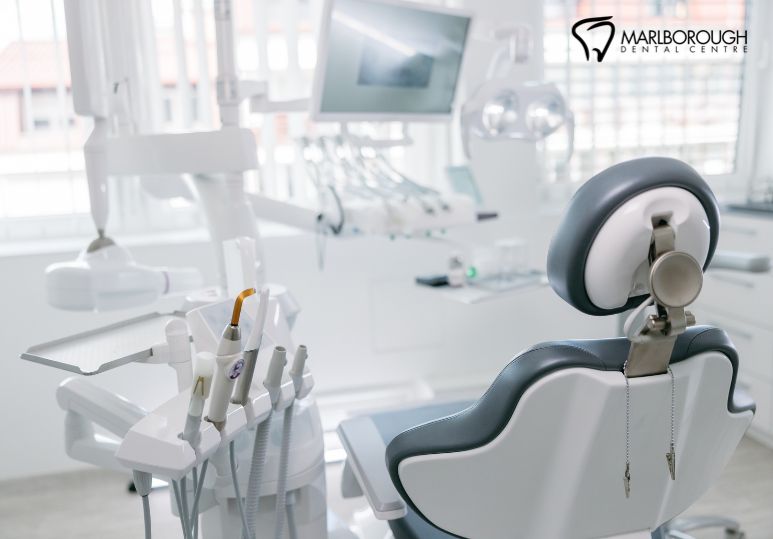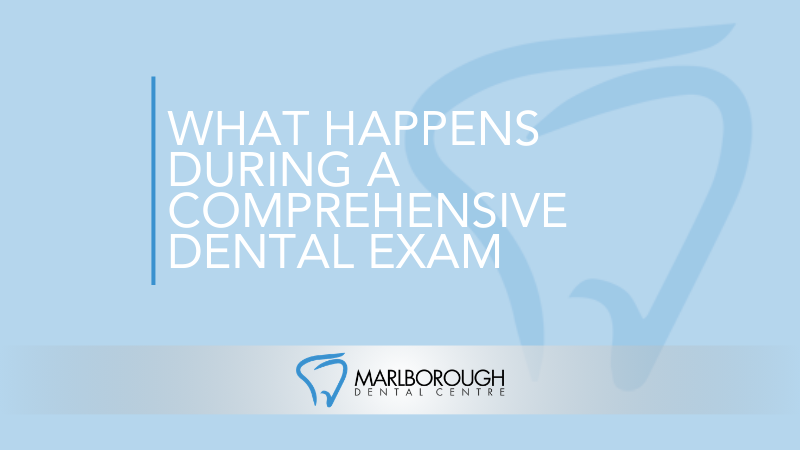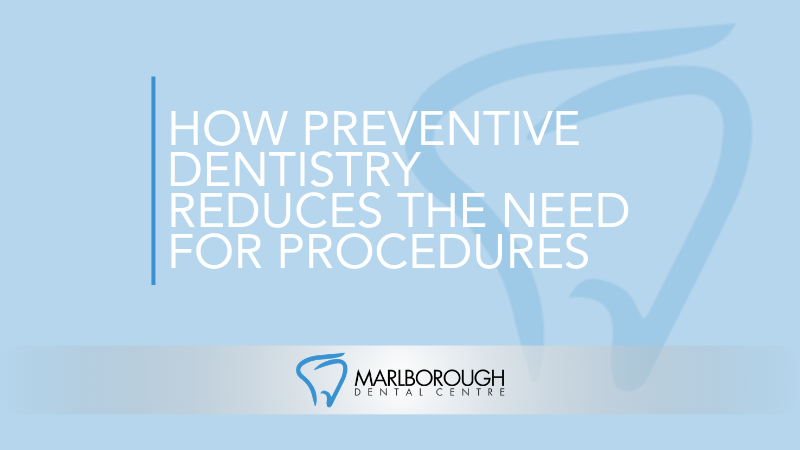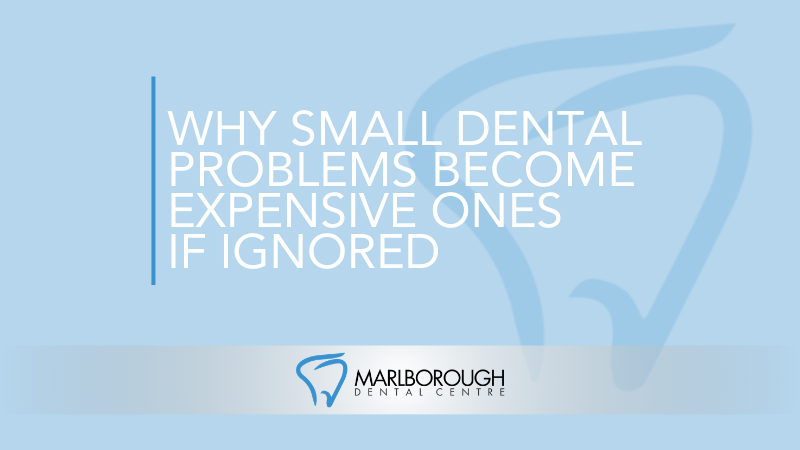Oral cancer is a formidable adversary. Just like its counterparts in other areas of the body, early detection is crucial in increasing one's chances of overcoming it. Routine dental exams can serve as our first line of defense against this disease, and understanding the role of dental professionals in this fight can empower patients to be more proactive about their oral health. In this article, we’ll dive deep into the ways dental exams can help detect early signs of oral cancer, and how that early detection can make all the difference.
1. Thorough Examination of Oral Tissues:
During a routine dental exam, dentists don’t just look at your teeth. They examine the entirety of your mouth, including the tongue, inside of cheeks, roof and floor of the mouth, and the back of the throat. Any abnormal lumps, lesions, or discolorations could indicate potential problems. Even minor issues that might be easy for an untrained eye to dismiss, like a patch that feels a bit thicker than surrounding tissue, can be early signs of oral cancer.
2. Use of Advanced Screening Methods:
Many dental practices now employ advanced screening tools and techniques that can highlight suspicious areas before they become apparent to the naked eye. Devices such as VELscope use special blue light to illuminate abnormal cells, and other tools can help dentists identify areas of cellular changes. These innovations in dental technology allow for a more comprehensive exam and increase the chances of early detection.
3. Attention to Risk Factors and Symptoms:
Dentists are trained to understand and identify risk factors for oral cancer. This includes the heavy consumption of tobacco and alcohol, a history of sun exposure leading to lip cancers, or a past diagnosis of human papillomavirus (HPV). If patients present with symptoms such as unexplained mouth pain, difficulty in chewing or swallowing, or prolonged soreness or ulcers, dentists are likely to recommend further tests. Recognizing and being proactive about these risk factors and symptoms is essential for early intervention.
4. Regularity and Frequency of Exams:
Oral cancer often progresses relatively quickly. Hence, regular dental exams, typically recommended every six months, become crucial. The biannual check-up routine ensures that even if something was missed or developed after the last appointment, it will most likely be caught in its early stages during the next visit.
Visiting the dentist might be something many of us take for granted, or even avoid due to anxieties or the busyness of life. However, the importance of these visits goes beyond clean teeth and gum health. They serve as a vital checkpoint in catching early signs of oral cancer. Your dental professionals are not just guardians of your smile; they're champions for your overall well-being.
Oral cancer can be a silent, creeping enemy, but with regular dental check-ups and early detection, we can stand a much stronger chance against it. Next time you consider postponing that dental appointment, remember the broader implications. It’s not just about oral hygiene; it’s about a longer, healthier life. Don't underestimate the power of that routine examination. Your future self may thank you for it.
Written on behalf of Marlborough Dental Centre.
FAQS:
Q: Are there any symptoms of oral cancer that I should be immediately concerned about?
A: Persistent mouth pain, difficulty in chewing or swallowing, prolonged soreness or ulcers, unexplained lumps, and areas of numbness or tenderness can be indicative of oral cancer. If you experience any of these symptoms, consult a healthcare professional promptly.
Q: If my dentist suspects something during an exam, what's the next step?
A: If your dentist identifies a suspicious area, they might take a biopsy to examine the tissue more closely. Depending on the findings, they may refer you to an oral surgeon or an oncologist for further evaluation and treatment.
Q: How do advanced screening methods, like the VELscope, work?
A: Devices like VELscope use a special blue light that can illuminate abnormal cells that might not be visible to the naked eye. It helps professionals identify areas of cellular changes indicative of potential oral cancer.




